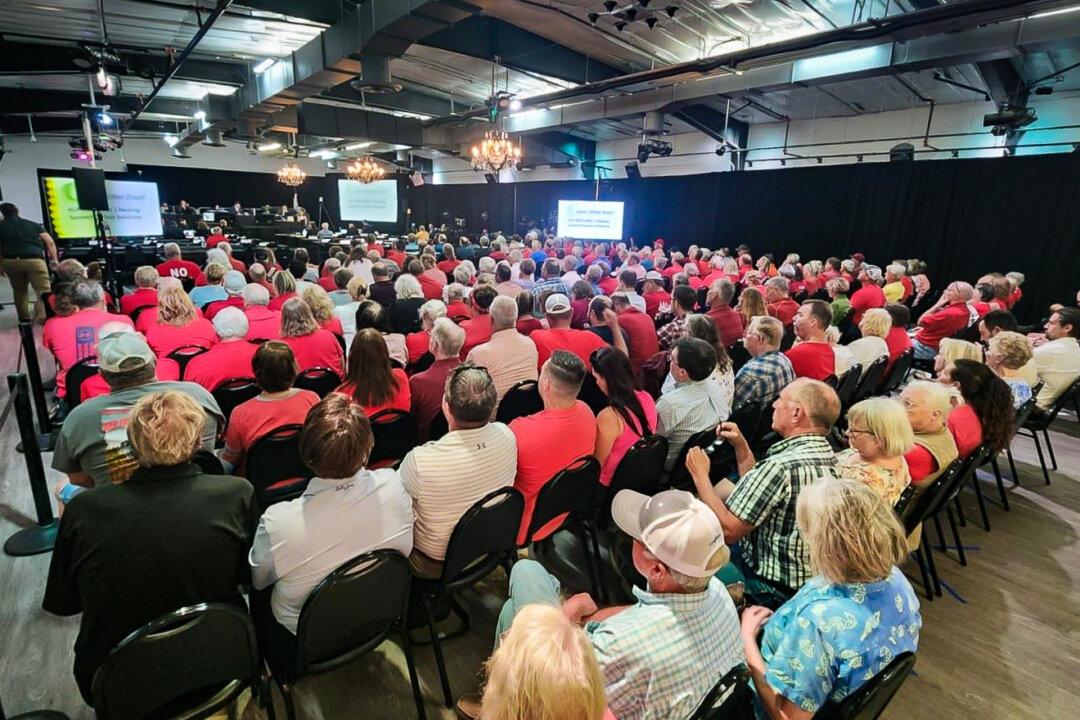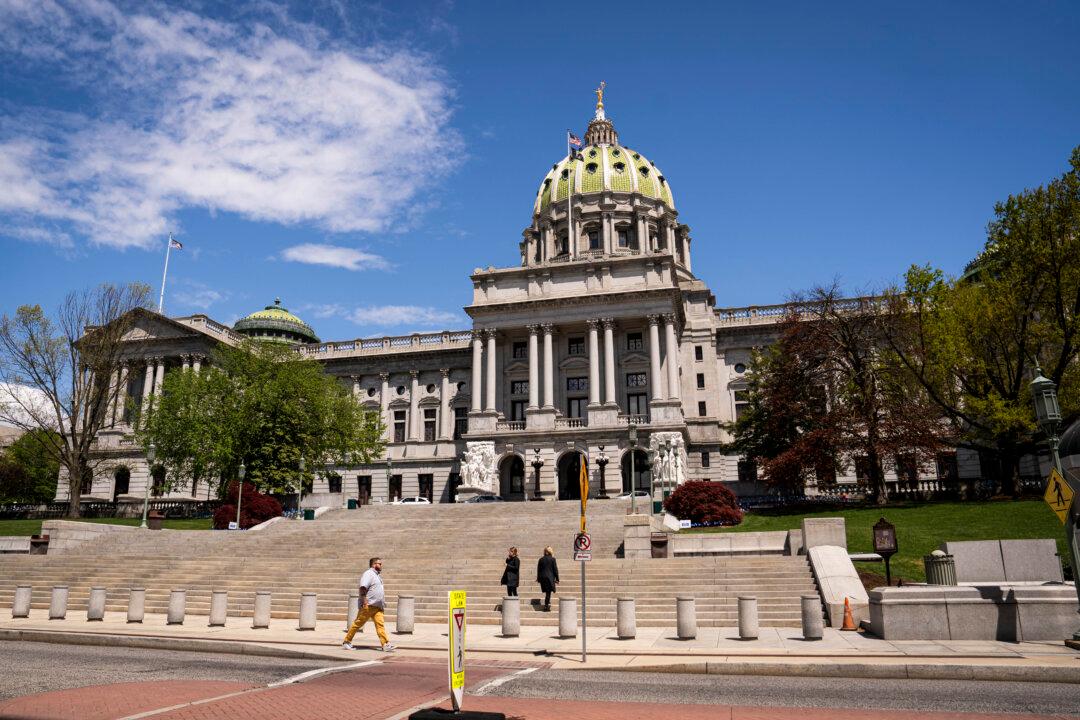Summit Carbon Solutions this week announced a partnership that will expand the footprint of its massive carbon capture pipeline across the U.S. Midwest.
Iowa-based Summit has been working on getting approvals for its proposed pipeline, which includes a 2,000-mile web of pipelines in five states: Iowa, Minnesota, Nebraska, South Dakota, and North Dakota.
The project will capture carbon dioxide from ethanol plants, compress the captured CO2, and move it to North Dakota, where it will be permanently stored in an underground facility.
The company must obtain right-of-way easements from landowners along the project, including much farmland that would be disturbed, lowering production for affected farmers. Landowners who refuse to grant an easement may see eminent domain exercised, allowing the company to take the land.
Now, Summit is partnering with South Dakota-based Poet, which bills itself as the world’s largest biofuel producer. Summit will connect its pipeline to 12 of Poet’s Iowa facilities and five of its South Dakota facilities. A spokeswoman for Poet said the plan will add about 400 miles to the project’s footprint, but the firm is still working on the precise proposed route.
Sierra Club’s Opposition
The Iowa Chapter of the Sierra Club, which opposes the pipeline, said Poet previously partnered with Navigator CO2 in a carbon capture project, but in October, Navigator canceled the plan, citing “the unpredictable nature of the regulatory and government processes involved, particularly in South Dakota and Iowa.”Navigator’s project was to be 1,200 miles, including five states: Nebraska, Iowa, South Dakota, Minnesota, and Illinois.
“We strongly believe this should be considered as one whole project, not separate projects and separate dockets,” Jess Mazour, conservation coordinator at the Iowa chapter of the Sierra Club, told The Epoch Times. “That means Summit should have to reapply and start over.”
Summit’s originally proposed 688-mile pipeline route through Iowa is currently awaiting a decision by the Iowa Utilities Board, Ms. Mazour said, but because of the extensive expansion of the project, the Iowa Utilities Board should halt any further deliberations on Summit’s request for a permit and eminent domain rights to assess the broader implications.
Hundreds of Iowa landowners have attended Iowa Utility Board meetings asking the state to stop the project.
Former Republican presidential candidate Vivek Ramaswamy spoke against using eminent domain for carbon capture projects. Mr. Ramaswamy is now supporting former President Donald Trump for president.
Tax Credits
Lucrative Carbon Capture is a green initiative aimed at averting climate change, and it is subsidized with tax credits from the federal government.Landowners have argued that carbon capture pipelines are using their land to enrich companies and investors.
Huge government subsidies promise private companies that carbon capture will pay off in the future.
Large-scale carbon sequestration projects receive federal tax incentives such as the federal Carbon Capture and Sequestration tax credit, also called the 45Q, which is worth up to $85 per ton for CO2 captured.
Before the expansion, Summit said it planned to store 12 million tons of CO2 per year. The Poet project adds 4.7 million tons more, making it 16.7 million tons, which amounts to $1.4 billion in tax incentives from taxpayers, and tax credits can be turned into cash.
Pipeline companies that have more tax credits than they need can discount them and sell them to other companies. This way, the pipeline company makes a profit, and the company buying the credits gets a break on their taxes, paying less than face value for the credits.







